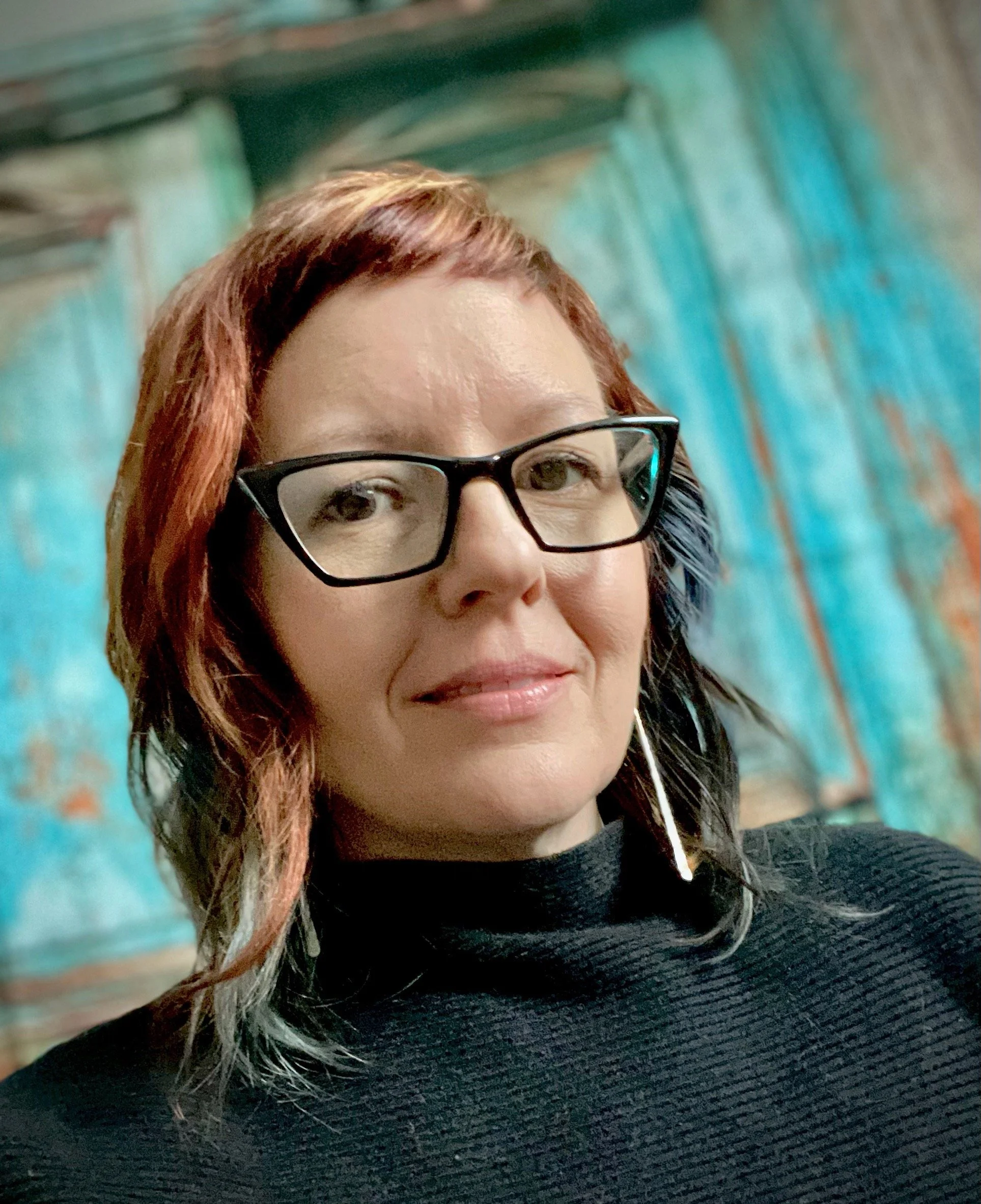Susan Donnelly | Author | Researcher
Susan has been researching historical events and people of the past for over 20 years. Her grand-forebears immigrated to the United States in the 20th century from County Cork, Ireland and the Molise Region of Italy.
Her research interests include maritime genealogy, U.S. migration trails, American industry and Susan specializes in sociobiographical storytelling to help clients pursue their family histories more thoroughly.
She is a member of the Association for Professional Genealogists and the National Genealogical Society. Susan is an alumna of Simmons College and a graduate of Boston University's Professional Genealogy program.
She is the co-author of The Ancestors and Descendants of William Joseph Finn (Boston: Newbury Street Press, 2023) and Heraldry in the Ancestry of Howard Cox (Boston: Newbury Street Press) to be published Spring 2025.
Why Choose a Professional Genealogist?
The family tree researcher needs both investigative skills and storytelling ability. As a professional genealogist, I not only help to research your family connections but also place your ancestors in historical context—highlighting their experiences during periods of religious freedom, social hardship, economic changes, and more.
A family history researcher (or genealogist) investigates and documents family lineages, histories, and relationships. Here's what they typically do:
Gather and analyze historical records (birth/death certificates, census data, marriage licenses, military records, etc.)
Interview family members to collect oral histories and personal accounts
Organize and interpret findings to create family trees and narratives
Break through "brick walls" where information is difficult to locate
Provide historical context to understand ancestors' lives
A professional researcher differs from a casual hobbyist in several key ways:
Expertise and Training Professionals typically have specialized education, certification, and experience with historical research methodologies and archival systems.
Access to Resources Beyond public online databases, professionals often have:
Knowledge of obscure or specialized archives
Relationships with record keepers and institutions
Understanding of which records exist but aren't digitized
Access to subscription databases and tools
Analytical Skills Professionals excel at:
Evaluating source reliability
Resolving conflicting information
Understanding historical context for accurate interpretation
Recognizing patterns across multiple documents
Working around missing or incomplete records
Research Methodology Professionals approach genealogy systematically, following established standards to:
Properly cite sources
Document chains of evidence
Distinguish between direct and indirect evidence
Construct proof arguments for difficult cases
These elements allow professionals to produce more comprehensive, accurate family histories, especially when dealing with complex or challenging research situatio


